Components of Learning
Characteristics of Adult Learners: Experiential Learning 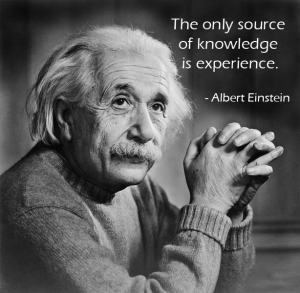
Experiential learning is an important component, for it closely resembles the ancient Indigenous methods of learning, and I want to find strategies to more deeply engage my First Nations students. Experiential learning cna create a more meaningful learning experience for the student, and this is often lacking for the Native student. I plan to implement this as a lesson plan component in a combination of projects and classroom activities that are a part of cultural learning. This will replace the overuse of worksheets and rote writing.
Learn more about this at http://www.ryerson.ca/content/dam/lt/resources/handouts/ExperientialLearningReport.pdf
Creating a Positive Learning Environment: Humour 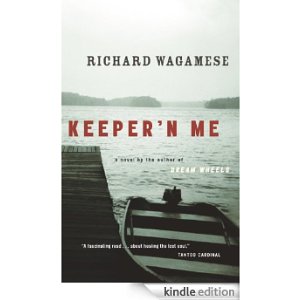
This component has great value, for it is often difficult for a non-Native instructor to connect with Native students. Humour (especially Native) is one of the best ways to interact with Native students. The author of the linked article indicates that humour can be helpful, but it must be kept appropriate, and humour is most appropriate when it is related tot he current lesson. This can be achieved by including the humourous expressions of First Nations authors. I will help my students become comfortable in their new class, while introducing them to some of the best literature in North America.
http:orgs.bloomu.edu/tale/documents/FacFocus_ClassroomManagement.pdf
Motivational Techniques: Goal Setting 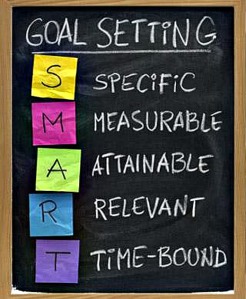
Maintaining motivation is often very difficult for an adult student, and retention is one of my major concerns. S.M.A.R.T. (specific, measurable, attainable, relevant, and time-based) goals have been proven to be very effective, and I already use this component for my Career and Education planning unit. I now see that this component has many more applications. I will be using these concepts throughout the year to guide students toward intrinsic rewards. S.M.A.R.T goals will become a weekly part of most lessons, as students will be encouraged to use goals to organize their tasks, direct their own behavior, and celebrate success. I also want to implement class goals that are generated by teacher and students.
http://hilt.harvard.edu/files/hilt/files/settinggoals.pdf.
Instructional Process/Strategies: Active Learning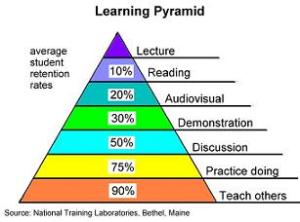
Class lectures can be important, but I chose to explore active learning to find strategies to break away from the lecture format. With these methods, I will more deeply engage students and involve the entire class in positive learning experiences. I am most interested in including better discussion techniques, role playing, role reversal, and jigsaw team work.A short lecture followed by an activity that gets students out of their seats and working on an exercise will break through shyness, create fun learning opportunities, and alleviate boredom.
http://www1.umn.ed/ohr/rod/groups/ohr/@pub/@ohr/@ctl/documents/asset/ohr_asset_314707.pdf.
Structured Lesson Planning 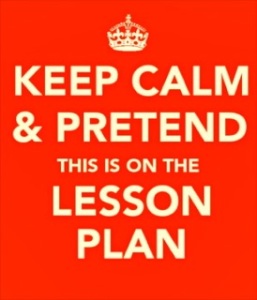
Lesson plans are important, yet I often feel as if I am just “flying by the seat of my pants”. This component challenged me to look at structured ways of planning. I am excited about having a structured guide for creating effective lesson plans. The templates that I found on the Alberta Ministry of Education site also provide templates for multiple intelligences and tools for assessing the outcome of the lesson. I will use these lesson plan templates to assist me in creating strong, exciting, and inclusive lessons in the future.
http://www.education.alberta.ca/media/904567//app11.pdf.